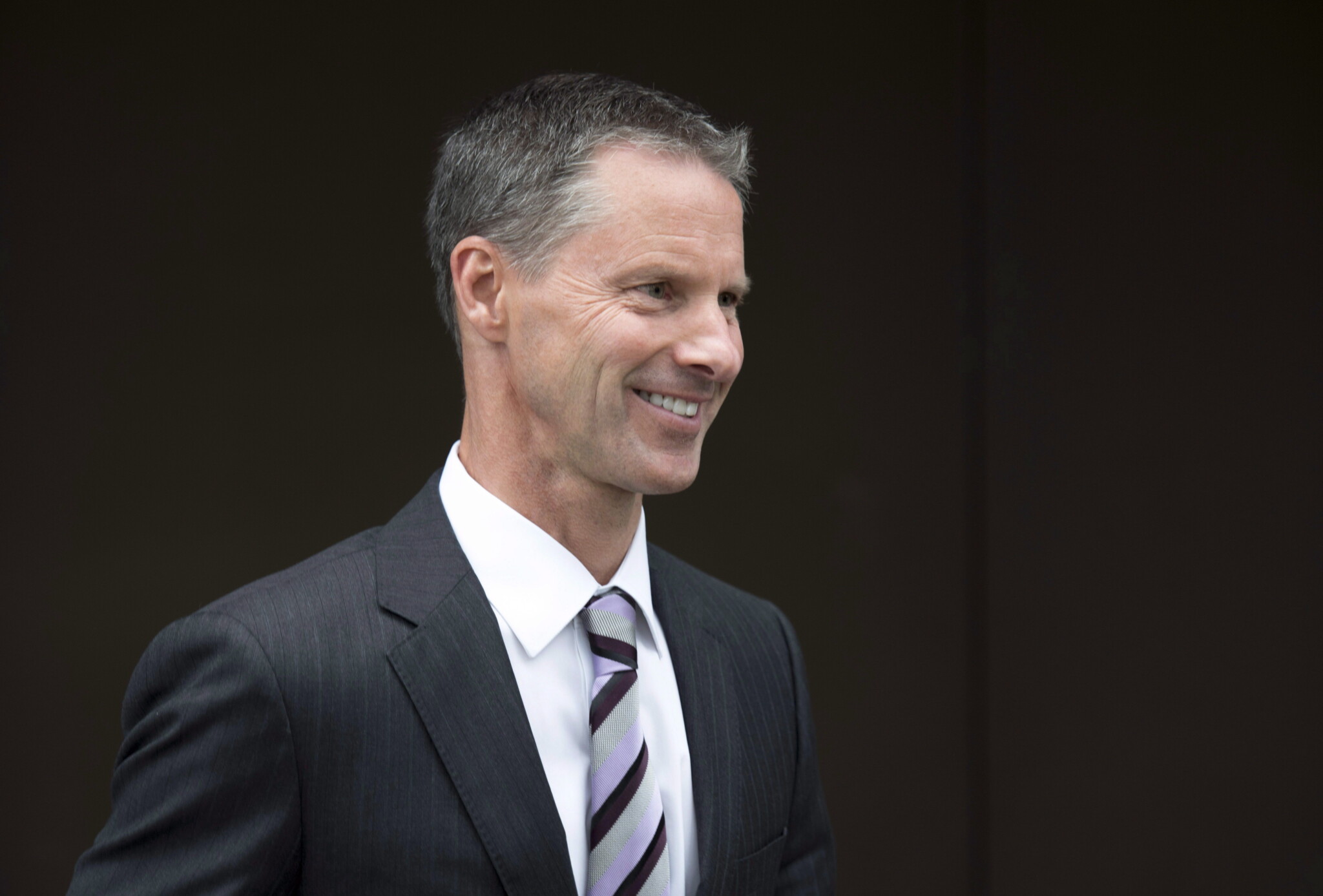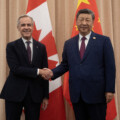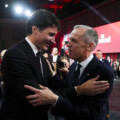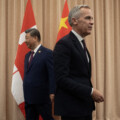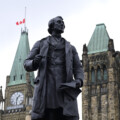“Blessed are the poor in spirit, for theirs is the kingdom of heaven.
Blessed are the meek, for they shall inherit the earth.
Blessed are the merciful, for they shall receive mercy.
Blessed are the pure in heart, for they shall see God.
Blessed are the peacemakers, for they shall be called sons of God.”
— Matthew 5:3-9
I am reluctant to write this. Reluctant because I do not want it to be true. Reluctant because there are others far better placed to do Nigel Wright’s memory justice. But most of all, reluctant because the English language has grown too thin to bear the weight of the words he deserves. Our age has dulled its finest words, “good,” “decent,” “generous,” until they describe almost anyone, which means they describe almost nothing. Nigel embodied them so completely that their ordinary use feels like a pale echo beside his life.
We throw these words around too freely. We call an easy colleague “decent,” a friendly stranger “good,” a charitable donation “generous.” But goodness is not charm, decency is not politeness, and generosity is not a tax receipt. They are fierce words, demanding words, words that belong to lives lived with courage and sacrifice. We have spent them cheaply, and so they sound cheap to our ears. We have taken the heaviest words in our vocabulary and spent them like loose change.
And yet the words themselves are not broken, only neglected. They remain profound truths, waiting to be rediscovered. The problem is not that our words are too strong, but that our lives are too weak to live up to them. In the life of a man who truly embodied them, we are reminded of their force. In the right hands goodness is radiant, decency is courageous, generosity is costly. In Nigel, these words found their meaning restored.
Nigel was a good man, in the oldest, deepest, and most demanding sense of the word.
He was among the most accomplished men of his generation. He scaled heights most of us could scarcely imagine. And yet he was more accessible than almost anyone. The busiest man in the room was also the one who answered every email. The man whose schedule was more crowded than a cabinet table somehow found time for every staffer, intern, or passerby who asked for it. He soared in the stratosphere and yet bent down to walk with those of us still on the ground.
He was wealthy, yes, but just as success and wealth are not the measure of a man, they were never the measure of Nigel, nor of his generosity. For a man of his means, money was not the scarce thing. Money was the least of his gifts, because it was the easiest to give. What he gave instead was what he could least afford: his hours, his comfort, his mind, his full attention. He gave what none of us ever have enough of, and what he least could spare. He gave to the poor not only from his pocket, but from his presence. He did not send others to serve in his place; he went himself.
He could have carried grudges. He could have wielded power against those who wronged him. He did neither. He forgave where others would have punished. He humbled himself where others would have demanded recognition. He lived not as if Christ’s words were admirable suggestions, but as if they were binding obligations.
I heard about Nigel’s passing from my dad. He texted me and my sister a few minutes before the world found out. I so desperately hoped he was wrong, and could not process the possibility that he was right.
I started in the prime minister’s office in 2008, where I worked until the 2015 election. I had one brief interlude, leaving for a year to do my master’s in London after the 2011 campaign. Although I returned in the fall of 2012, I missed a big part of Nigel’s tenure as chief of staff. And though others were far closer to him than I, it always felt like he was a confidante. Always available when I wanted advice, always carving out time when I passed through London, always giving his undivided attention and full self when we connected. The grace he showed me was not only completely undeserved, but it was novel to me, and yet common to all who knew him.
What some might call paradox was, in him, something beautiful. He had every reason to be proud, and yet was humble. He had every excuse to be selfish, and yet was selfless. He climbed higher than anyone we knew, and yet stooped lower in service than any of us would dare. He was a man who could have stood on pedestals, but instead, he bent his knee to wash feet. These were not contradictions. They were the harmony of a life shaped by faith, discipline, and love.
Of all the people we knew, Nigel most closely lived the true Christian example. He was, in so many ways, a living echo of the Beatitudes: poor in spirit, meek in strength, merciful in judgment, pure in heart, and a peacemaker where others sought conflict. His success never corrupted him. His power never hardened him. Instead, he seemed intent on proving with his own life that we could be better, kinder, more generous, more humble, more selfless.
The Beatitudes are not a list of polite virtues, but a radical inversion of what the world admires. They declare blessed not the powerful but the meek, not the avengers but the merciful, not the grasping but the pure in heart. They turn upside down every worldly measure of greatness and replace it with the divine. That was why Nigel’s life startled us: he lived as if the Beatitudes were not poetry but instructions. In him, we saw what it meant for those words to come alive.
It is the rarest thing in public life to see a man with so much success remain so unspoiled. That was why Nigel moved us so deeply: because he showed that greatness and goodness could be one and the same. We are so much poorer for his loss, but we are all the richer for his friendship and the example he leaves behind.
How does the article redefine 'goodness' and 'generosity' beyond superficial acts?
What paradox in Nigel Wright's character does the author highlight as particularly impactful?
How does the article suggest Nigel Wright's life offers a counter-narrative to worldly measures of success?
